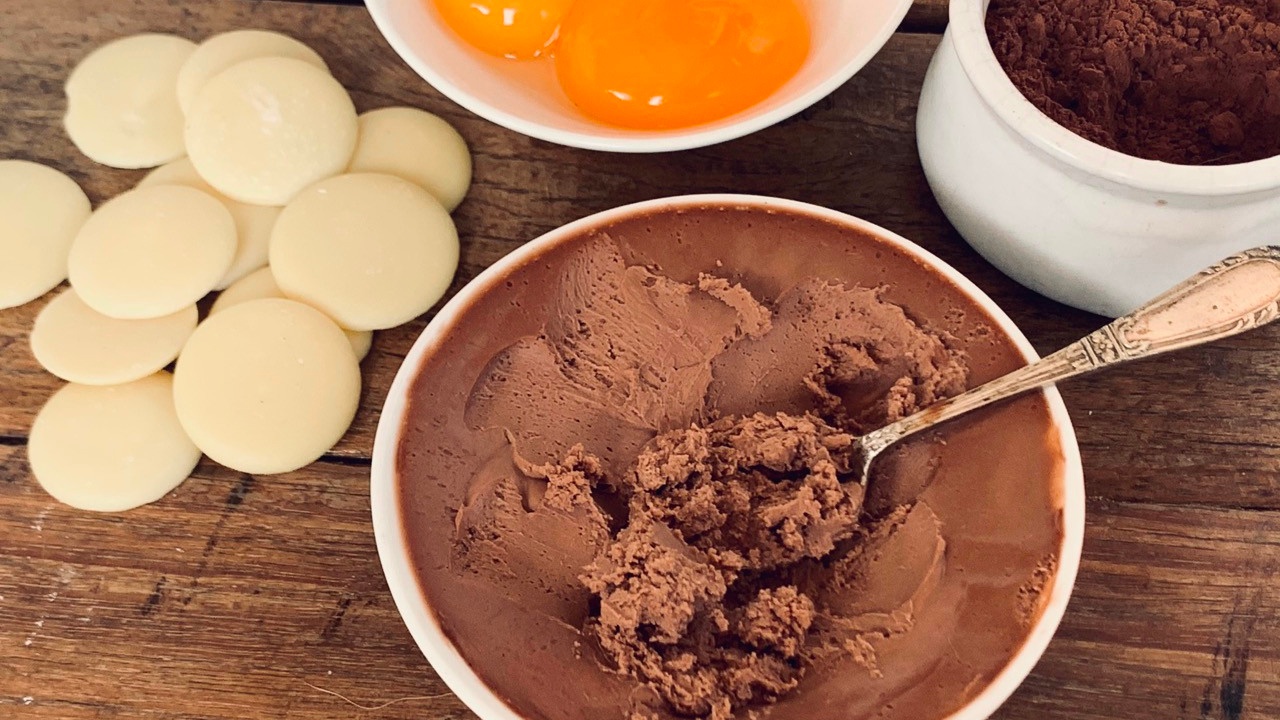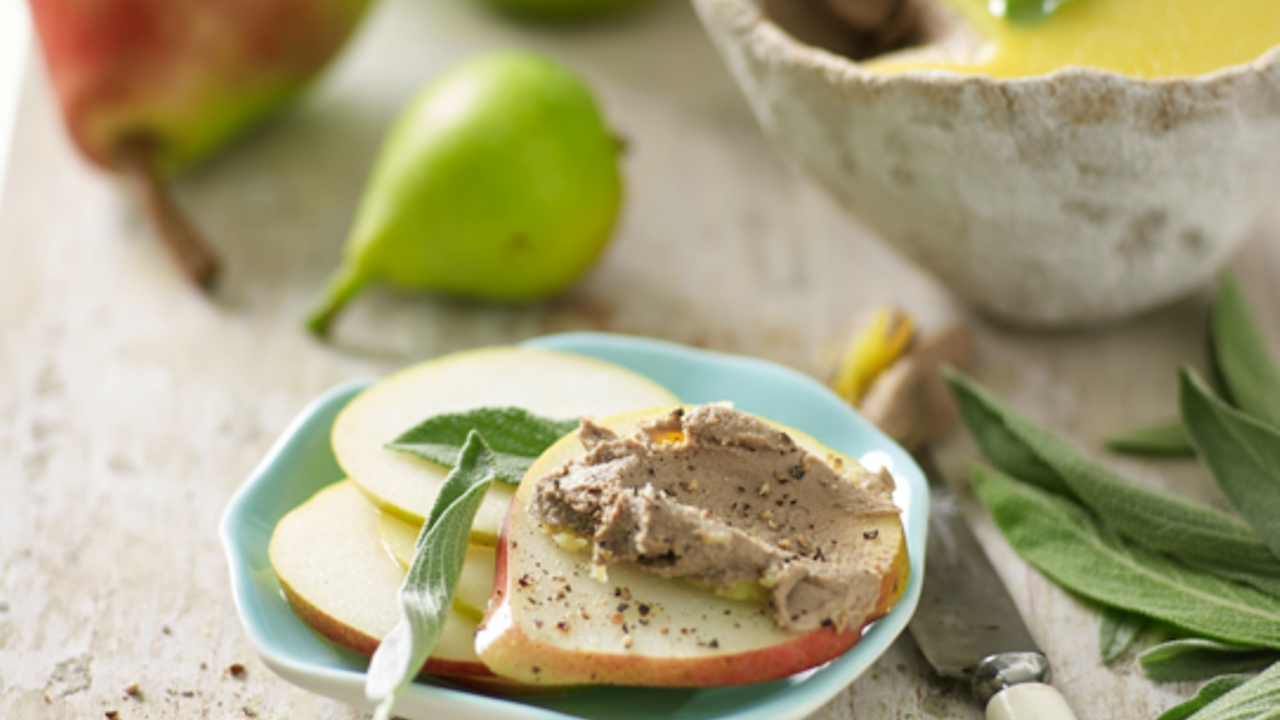Soul food: my dairy-free chocolate mud cream
Feb 28, 2021
Are you getting enough vitamin K2?
Nov 12, 2020
The importance of fat-soluble vitamins
Nov 04, 2020
The Forgotten Principles of Traditional Diets
Oct 29, 2020





